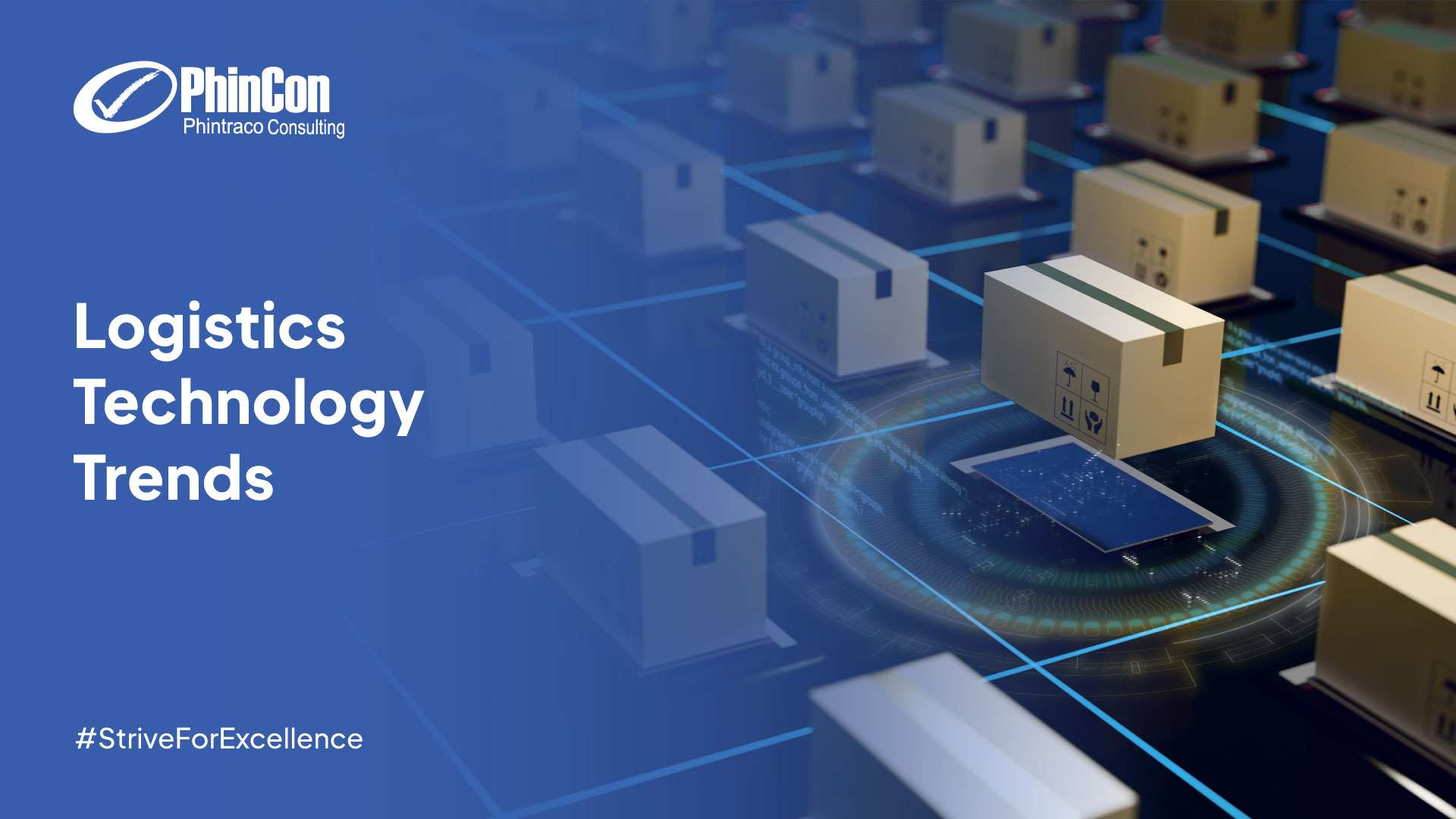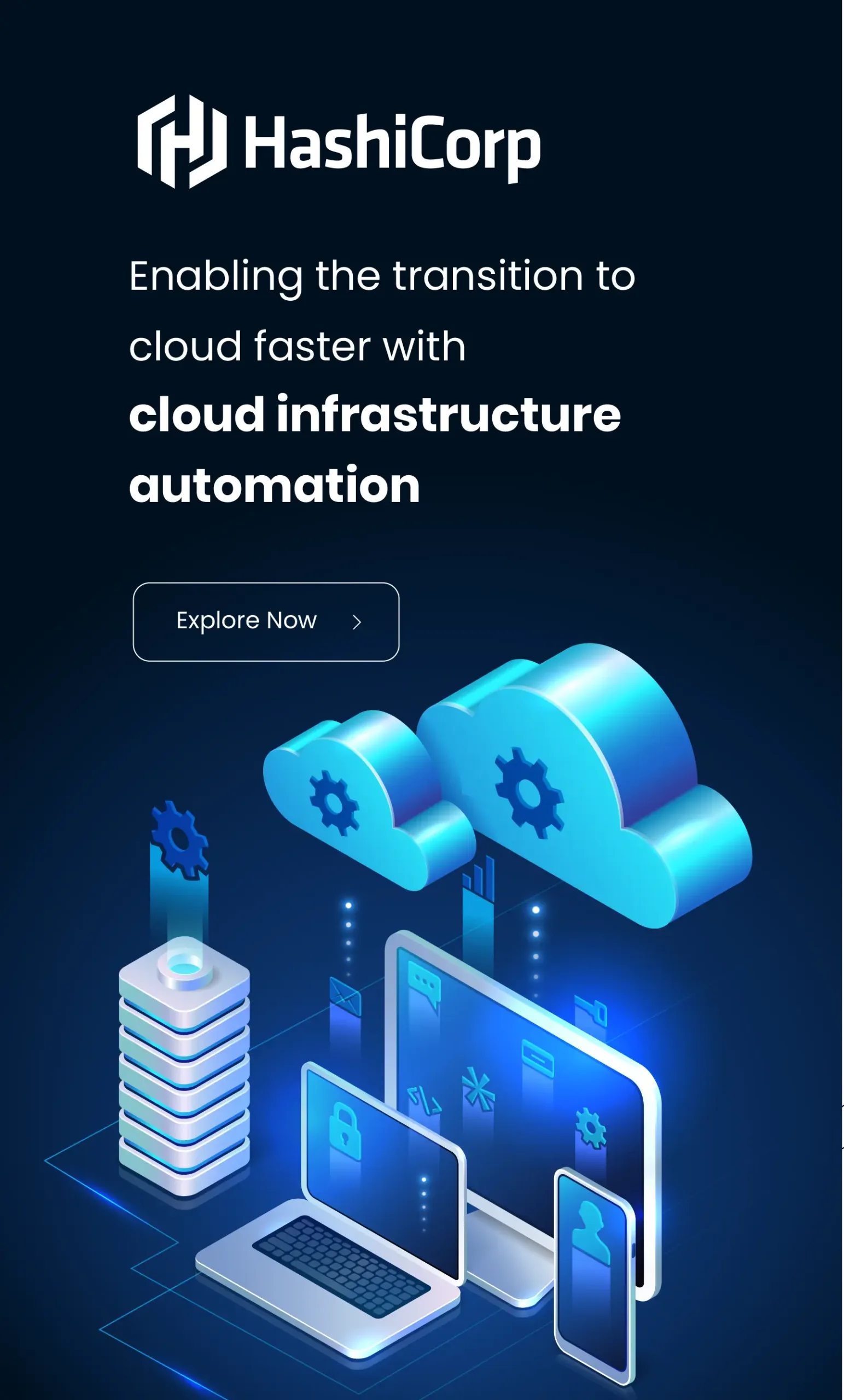Blog and News

Top 10 Logistic Technology Trends to Watch in 2025
In recent years, customer expectations for faster, more reliable, and transparent delivery have placed new pressures on the logistics industry. Logistics companies are turning to new technologies that change traditional supply chains into agile, technology-driven processes to meet these needs. Now, logistics are more than just the movement of goods, but also the crucial driver of efficiency, customer satisfaction, and business growth. Logistic technology trends, such as real-time visibility, artificial intelligence, and big data analytics, have become the new standard in delivering the best service quality.
Understanding the latest logistic technology trends is essential for companies seeking resilience and competitive advantage. Let’s explore the trends that are shaping the future of supply chain management.
10 Logistic Technology Trends To Anticipate in 2025
The logistics industry is changing fast and becoming more complex as new technologies transform how businesses move and manage goods. These innovations, from digital tools to smarter systems, help the logistics industry work faster, safer, and more efficiently. Here are 10 logistic technology trends for 2025 that businesses should keep an eye on.
Digital Twin
Logistic companies use digital twin technology to simulate processes and predict disruptions like climate conditions or peak demand periods. This helps companies test scenarios such as route adjustments or warehouse layout changes to find the best logistics strategies. Companies can also reduce operational risks and improve efficiency through data-driven decisions and predictive planning.
Centralized Data Management
Logistics operations use centralized data lakes or warehouses to consolidate siloed data from multiple systems. This unified and accurate data management represents a single source of truth to support informed decision-making. It also provides better visibility and scalability to handle growing data volume. Centralized data management builds the foundation for advanced analytics tools and enhances overall efficiency.
Real-Time Supply Chain Visibility
Using Internet of Things (IoT) technology and integrated systems, logistics companies now have real-time visibility into every stage of the supply chain. Logistics operators can track the movement of goods from the suppliers, manufacturers, warehouses, and hubs to the end customers. This transparency enhances tracking accuracy, customer communication, and rapid response to disruptions, ensuring more reliable deliveries.
Artificial Intelligence (AI) Technology
Artificial intelligence (AI) technology is widely used in various industries, including logistics. AI optimizes data through natural language processing and machine learning to increase operational accuracy and efficiency. It also helps with demand forecasting, route optimization, and efficient inventory management. These intelligent systems enable faster, smarter decisions and improve operational performance while reducing costs and environmental impact.
Internet of Things (IoT)
The Internet of Things (IoT) provides enhanced connectivity between devices, assets, and systems. Logistics operators use IoT sensors to track shipments in real time and check conditions like temperature and humidity during delivery. With better visibility from IoT, companies can identify and solve problems before they escalate and run their supply chains more smoothly.
Automation in Logistics
Automation in logistics integrates robotics, autonomous vehicles, and intelligent software to handle repetitive tasks like sorting, picking, and packaging goods. Robotic process automation (RPA) and autonomous vehicles are important to streamline processes. This reduces errors caused by manual handling, boosts throughput, and allows workers to focus on more complex activities. Companies can optimize workflows and make their operations more responsive to market needs.
Big Data Analytics
Big data tools process and analyze large volumes of logistics data from multiple sources. By utilizing big data analytics, companies can obtain actionable insights to optimize supply chains, improve demand forecasting, and enhance customer service efficiency. These insights can predict demand and help adjust inventory to prevent incurring storage costs. Big data analytics can also reveal operational bottlenecks and inefficiencies at local and global levels.
Blockchain in Logistics
Blockchain technology enhances transparency, security, and traceability by providing a decentralized digital ledger that records every transaction or movement across the supply chain. It makes processes like contract management and payment settlements more efficient while supporting compliance with regulations. It enhances goods’ traceability and reduces fraud by enabling trusted data sharing among participants without reliance on intermediaries.
Autonomous Vehicles
Autonomous vehicles, including self-driving trucks and drones, are among the latest logistics technologies worth noting. Enabled by AI and 5G connectivity, these vehicles offer prospects for reduced labor costs, higher safety, and optimized delivery speeds. Their adoption is accelerating, with pilot programs demonstrating operational benefits in complex logistics networks.
Green Logistics
Environmental concerns and regulatory pressures drive green logistics, focusing on reducing carbon footprints and adopting sustainable practices. This includes optimizing routes to minimize fuel consumption, adopting electric or alternative fuel vehicles, and leveraging data to track and reduce emissions. Green logistics is essential to meet ESG criteria and consumer demands for eco-friendly operations.
How PhinCon Helps You Stay Ahead in the Logistic Technology Trend
Adopting the latest logistic technology trends helps companies stay competitive and create more efficient workflows. To truly benefit from these trends, companies need more than just tools; they also need skilled IT professionals. PhinCon Pte Ltd‘s end-to-end IT outsourcing solutions provide access to highly capable Indonesian IT professionals who can be tailored to unique business requirements. Whether your companies expand to Indonesia or needs remote IT experts from Indonesia, we ensure seamless support for your IT needs.
PhinCon provides IT talent pools of various levels and roles, including Android Developer, iOS Developer, Fullstack Developer, Golang Developer, Mobile Developer, Quality Assurance, DevOps, Business Analyst, Solution Architect, Project Manager, L2 Operation Support, and more. Additionally, our BPO services streamline customer engagement, while our IT talent acquisition service handles recruitment, payroll, and tax administration so you can focus on strategy and growth. By combining cost efficiency with proven infrastructure, PhinCon empowers your business to innovate faster and respond to changes effectively.
For more information regarding our IT outsourcing solutions, contact us through email sales.sg@phincon.com.
Editor: Irnadia Fardila
Categories
Popular Posts





